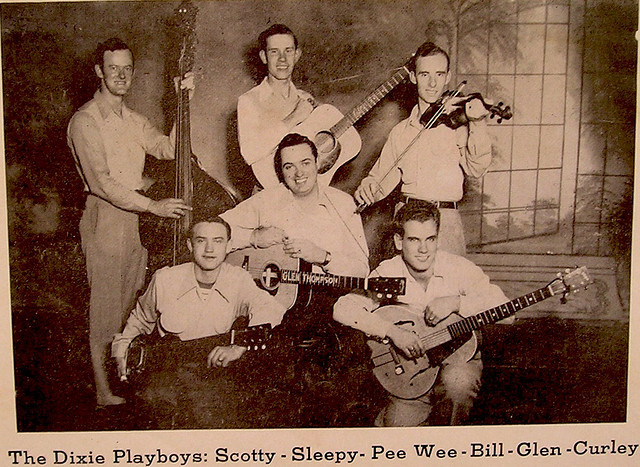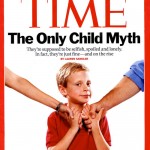Mixed Signals is Erin Straza’s weekly musing about marketing miscellany in advertising, branding, and messaging.
If 1981 was before your time, you may have missed the TV advertisement that solidified Grey Poupon mustard (owned by Kraft Foods) as the go-to condiment for discerning palates.
The ad was successful, placing the mustard in the upscale, premium category and appealing to people who wanted something a bit more fancy than traditional yellow mustard. Today, Kraft Foods is looking to grow its market share in a new era of users who have a new definition of high society. Whereas the 1981 market may have longed for a Rolls-Royce-chauffeured sort of life, today’s market is much less interested in such pomp.
According to this article at The Atlantic, young adults no longer associate ownership of vehicles (or homes) as a necessary part of their developing adult selves. In short, today’s younger market is not striving for the same lifestyle that people were pursuing in 1981.
So Kraft has reworked the mustard’s messaging to fit 2012 values. Part of the campaign is an opt-in on its Facebook page that grants Grey Poupon access to visitors’ Facebook pages “to see if their selections measure up to the brand’s parameters. . . . If a Facebook user’s profile lists suitable choices for ‘newsworthy happenings,’ ‘their place of residence,’ ‘social standing’ (i.e., how many Facebook friends they have) and ‘curiosities and tastes,’ he or she can score in the top 20th percentile, which allows membership in the Society of Good Taste.”
The shift in values across these two campaigns is insightful. In 1981, the target market looked with longing at the wealthy lifestyle; Grey Poupon gave us an affordable taste of the finer things. In 2012, the target market looks longingly at the social klout or influence they wish to possess; Grey Poupon awards those who qualify as part of the Society of Good Taste.
But is the core of the 1981 message all that different from the 2012 version? The 2012 version may look less materialistic, but the root is the same: We still want to be considered the elite in society, whether that’s through owning a Rolls Royce or having the highest social media influence.
The message strategy for both is correct in this: We do need validation from something outside of ourselves. The solution, however, is flawed at its core—we will not find lasting, true validation from anything we buy or any status we achieve. Apart from Christ, we will always be searching for more of something, whether it’s wealth, status, or mustard.












